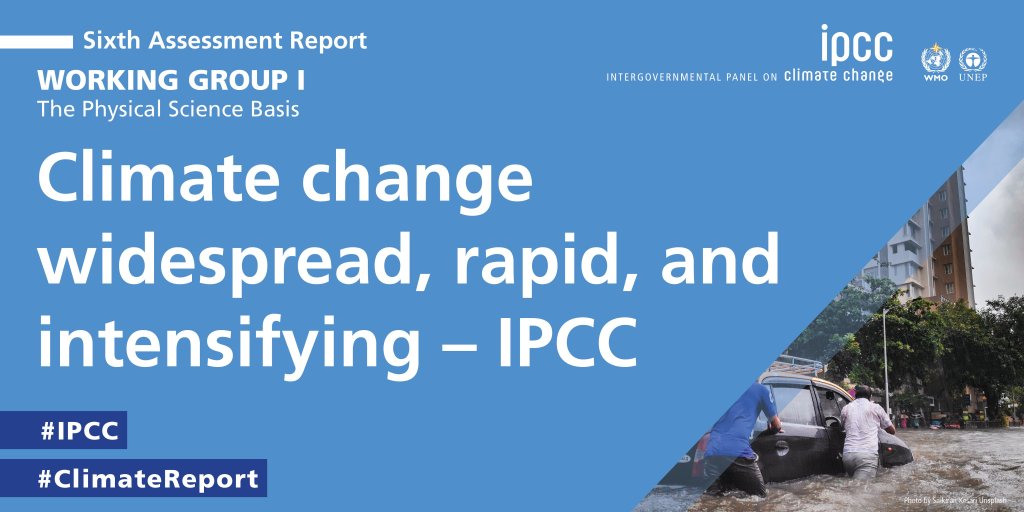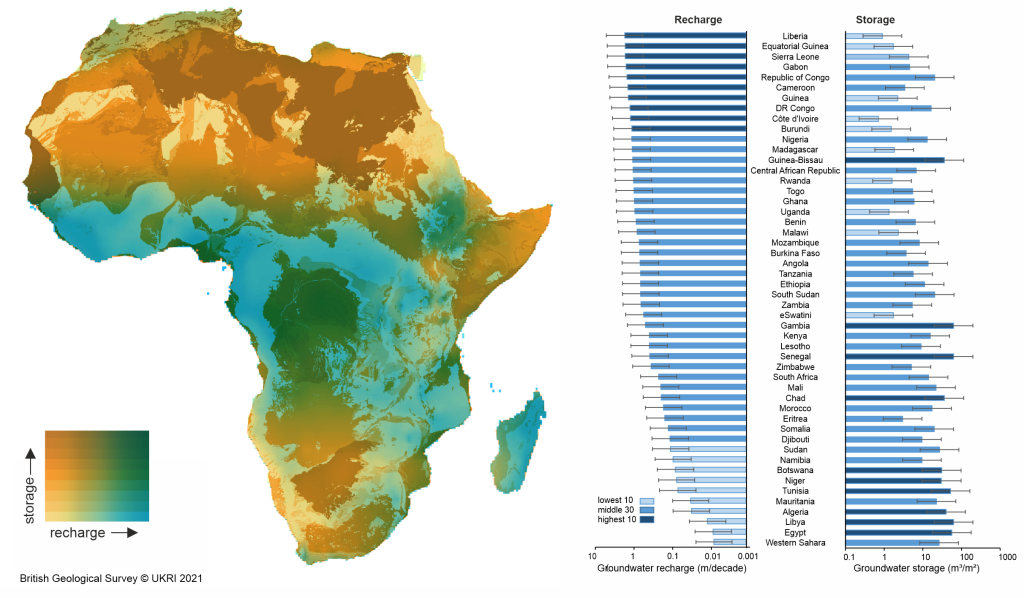Category: Science [S]
-

IPCC: “Increased precipitation intensities have enhanced groundwater recharge, most notably in tropical regions (medium confidence)”
Eight UPGro papers have been cited in the new IPCC Working Group Report (August 2021) As widely reported, the UN’s Intergovernmental Panel on Climate Change (IPCC) has laid out a stark warning on the threat of climate change across the world. The IPCC does not conduct science itself but rigorously examines the latest scientific evidence…
-
UPGro Science: Links between groundwater access and poverty are complex and sensitive to context [S2]
The links between groundwater access and poverty are generally indirect, complex and context specific.
-
UPGro Science: Groundwater can de-risk economic growth [S3]
Although localised groundwater depletion is evident, particularly beneath growing urban centres, there has been no substantial declines in groundwater storage at a basin scale in Africa over the last 15 years and in some areas, there are substantial unused or under-used groundwater resources. Investment in detailed hydrogeological studies can highlight potential areas for groundwater development…
-
UPGro Science: The programme has made a substantial contribution to evidence and data on African groundwater, its use and potential [S1]
As of mid July 2020, UPGro researchers have published more than 100 peer-reviewed papers directly, and used elements of UPGro work or partnerships to publish a further 60. 1 paper published in Nature and 2 in Nature Communications. Substantial interdisciplinary primary data collected from across 7 African countries and will be made available through the…
-
UPGro Science: investment in local investigations, mapping and monitoring unlocks economic potential and resilience [S5]
Good local hydrogeological understanding and monitoring over time is required to define the sustainable yield of wells and boreholes, particularly in weathered basement aquifers, and from this assess opportunities for domestic, agricultural, commercial and industrial activities, and the associated risks. Many low-productivity fractured aquifers are capable of supporting handpump boreholes, with no evidence of climate…
-
UPGro Science: Numerical groundwater models can be used to assess the sustainability of different groundwater scenarios to inform groundwater management and planning [S14]
Possible responses, such as infrastructure investment, improved groundwater monitoring and management, introduction of drought-resilient crops, and focus on environmental management, were identified to help mitigate the impacts.
-
UPGro Science: No substantial decline in the volume of water stored in the major aquifer basins over the last 15 years, but there are major localised risk areas [S6]
At the scale of the African continent, UPGro research has shown that there has been no substantial decline in the volume of water stored in the major aquifer basins over the last 15 years. However, local contexts do differ, and in some African cities, groundwater levels have fallen.
-
UPGro Science: understanding of African/Tropical recharge processes has been improved. Climate change may enhance groundwater recharge in arid and semi-arid areas, presenting opportunities for long-term management as part of national climate adaptation strategies [S4]
UPGro researchers found that in wetter areas recharge happens every year, but in dryland areas substantial recharge less regularly, often just once or twice a decade.
-
UPGro Science: Bacteriological contamination of groundwater is likely to be a significant barrier to achieving safely managed water services under SDG6, but this can be tackled by improved construction practices [S7]
In rural areas, around 70% of working handpumps surveyed across in Uganda, Malawi and Ethiopia provided good quality water, with only 9% affected by chemical contamination (fluoride, arsenic, nitrate). 21% were affected by bacteriological contamination

